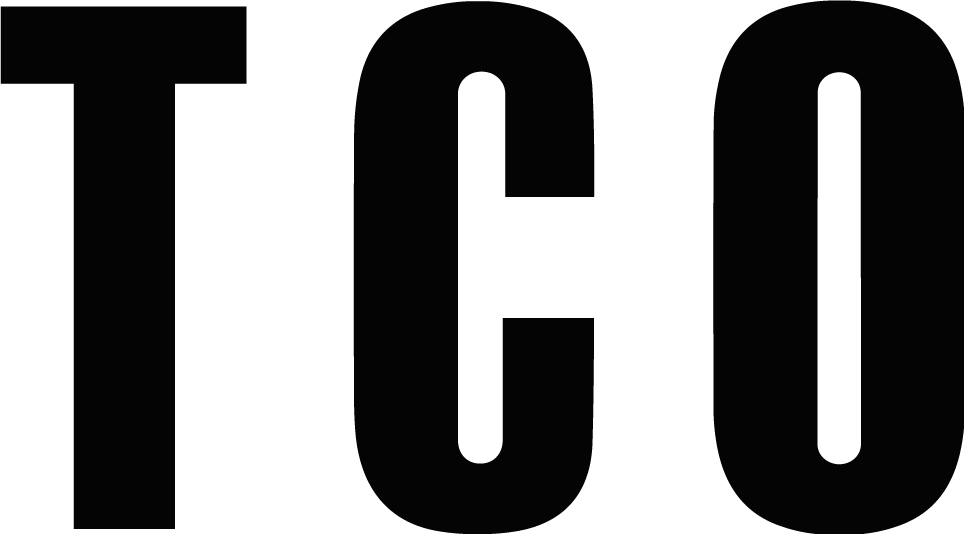The world is in flux. How can brands keep up with social movements?
Want to know how consumers will think and feel in the future?
Text: Josie Parmee // Illustration: Sophie Mo
A quick glance back on 2019 will already tell you a lot. A frustrated emerging generation called out their predecessors for decades of inaction and neglect on the climate crisis with the School Strikes for Climate. Refusing to accept excuses, their unequivocal message was change now, or step aside. Brands ignore them at their peril.
Meanwhile, Hong Kong students led the rest of society in pro-democracy protests, and in Chile their counterparts demonstrated against economic injustice. These are only the latest examples of the growing trend of young people forming or joining movements to push for change. Given the ecological and wider economic and political crises, the size and scope of movements like these are only likely to grow.
But what’s the best way to track them before they’re frontpage news? The mainstream media did eventually cover all these movements, BUT often only after their numbers had reached critical mass and their boiling points.
Enter alternative media.
Free from the top story of the cycle and “if it bleeds it leads” news agenda, alternative media have found new relevance by seeking out novel and fast-moving thinking on the periphery that goes on to quickly shape the opinions on the centre. Agile and networked, alternative outlets document the world from the ground up, and allow ideas that would otherwise be marginalised to circulate among audiences. They are also more likely to look beyond official sources, meaning they’re often the first to bring new movements to the attention of new audiences. Their coverage helps movements galvanise support from more people, which in turns allows them to grow and mobilise change.
Alternative media come in many shapes and forms, from specialist publications to magazines that straddle culture and news to more politically committed online titles. There's also our very own Huck magazine. Huck has been partnering with grassroots activists and documenting social and environmental movements since it began in 2006.
Huck founder Vince Medeiros says: “The mag tells stories about people and scenes whose stories are not typically covered.”
These narratives are vital not only to document the present, but also to help us imagine the future. “We need storytelling more than ever,” Vince says. “We need more stories of justice, of change – of stuff which might happen if we get together and explore different ways to organise our lives, to relate to each other, to relate to nature.”
Alternative media can also offer a platform for committed brands to show their values to current and future consumers. Brands can partner with media outlets to cover issues their customers and employees care about, whether it's groups that they already support or issues around new social or environmental commitments.
Outdoor apparel makers Patagonia are a case in point. The brand supports hundreds of activist groups around the world, advancing an ecological agenda that includes issues as varied as restoring forests and rivers, taking down dams, as well as the critical issue of climate change. They have also partnered with Huck to support storytelling covering the cruelty of open-net fish farming, the impact of dams on rivers and wildlife, and more recently encouraging people to vote during the 2019 election in the UK.
By supporting progressive storytelling, brands can not only be more in tune with movements as they grow but align with vital causes and positive action and change.

